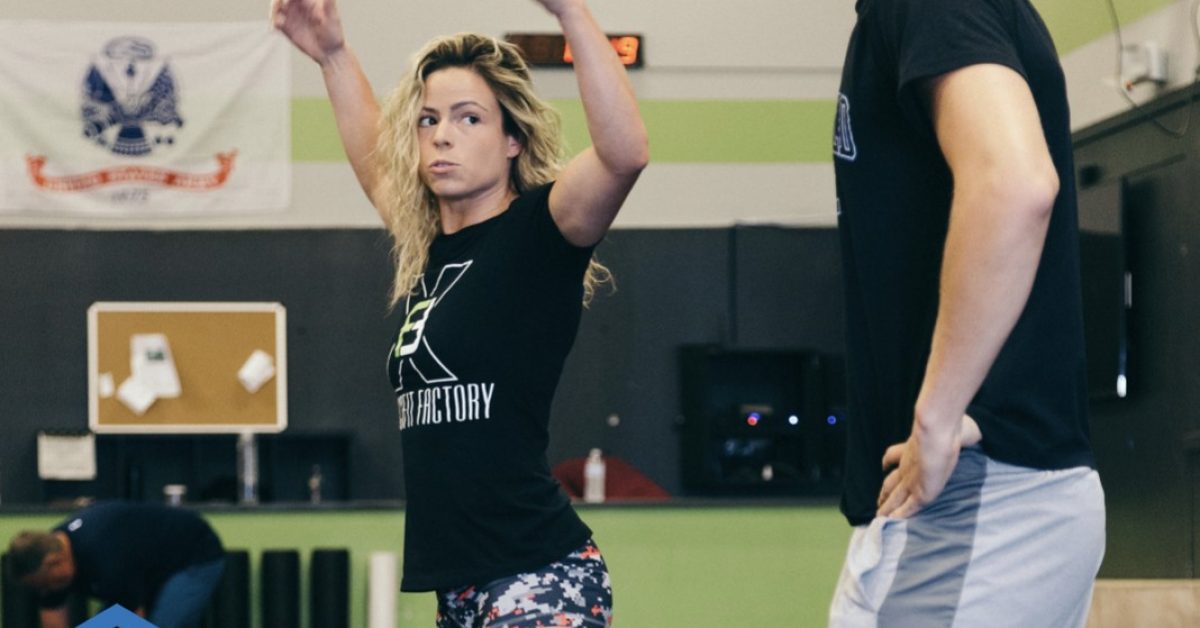Hiring new coaches is a challenge most affiliate owners face. Sure, there are lots of people out there that have their L1, but what really distinguishes a good coach from a great coach? The list I’m going to share with you goes outside of what is taught at an L1 and is what I feel are invaluable qualities of a great coach.
Running group classes is a unique challenge. As such, it requires a unique personality to really thrive in these situations, however, finding the perfect fit for your box may be tough. At the end of the day, you may have a coach that excels in one area and not as much in another area.
Here’s the list:
- Connects with Members: What I mean here is they can step outside their role as a coach and connect with their athletes on a personal level. We are lucky enough to get to witness our athletes go through transformations. This process reveals a lot of vulnerability and at times your athletes may struggle with the process emotionally. It may not always be about yelling at your athletes to keep moving. Sometimes they might just need a hug.
- “Owns” their classes: What I mean by owns their classes is establishes their own energy with their classes in terms leading with confidence and conviction and knows how to lighten the mood from time to time. With these coaches, you’ll almost never not be able to hear what they are saying in a big group because they have the ability to project their voice. They can also make any class fun, even if it’s something dry like rowing a 5k. This aspect of coaching is one that really helps coaches establish their own style of running their classes.
- Can explain the “intent” of the programming: Anyone can read off a whiteboard, but it takes a different level of knowledge to explain the actual intent of a training session. This serves two purposes: 1. gives your athletes the proper direction and ensures they are getting the most out of the training 2. establishes their credibility as a subject matter expert which will help differentiate you from boxes in the area.
- Scaling: All coaches should be able to scale efficiently for any situation or any limitation an athlete may have. This should be a quick process and should not take 5 minutes to stew on. This goes hand in hand with having an understanding human anatomy and physiology. Most of your athletes will have some setback during their training career. Making changes on the fly efficiently will allow your athletes to still receive the desired intent of a training session while working around their limitations which is crucial to their success and recovery.
- Builds Value: This can be both for the programming and for the facility. On the regular, coaches may hear objections to certain movements or forms of training, but being able to explain the logic to such things will help your athletes understand the process better. This will also build value in your facility by your athletes knowing that you take your athletes’ health and progression seriously with a well-thought-out training template.
- Time management: A great coach will have all components of their class almost run together meaning there will be a synergy of how aspects of their class plan tie together. This involves having a plan in place ahead of time knowing what pieces need to be included to set your athletes up for success. Ideally, your class will end with 5 minutes to spare for putting equipment away or getting in some extra accessory work. Overall, each aspect of the class plan will flow together as one.
- Professional: Connecting with your athletes personally inside your four walls is perfectly okay, but establishing personal relationships outside the gym could cause issues down the road. CrossFit becomes so personal that sometimes the lines can be blurred. It’s important to still be professional if these situations come up and not do or say anything that won’t represent the box in the best possible light.
- Makes movement deficiency corrections: You can give an athlete all the cues in the world, but sometimes they will simply be unable to perform a movement efficiently because of other deficiencies. Being able to recognize where the issues may lie, give guidance to improve said issue(s), and provide the proper alternative that doesn’t steer the athlete away from the desired intent of the training is key.
- Gets their clients results: I’m specifically referring to personal training here, but like Charles Poliquin says, “you can have all the certifications in the world, but if you can’t get your clients results they’re useless.”
- Leads by Example: Living a healthy lifestyle, following a consistent training program, and getting results training themselves should go without saying. Practicing what you preach is always important.
There are a lot of things I did not include in this list; things like having an understanding of coaching all modalities of CrossFit is something that I feel goes without saying. Also, being able to correct movement faults is another aspect that most good coaches should be able to do.
I also did not include showing up on time, not being on their cell-phone in classes or being presentable. It’s already assumed that these things are being done.
There are many ways to go above and beyond as a coach, but I feel one of the best traits is having the ability to have compassion and connect with your athletes outside of the scope of CrossFit. At the end of the day, we all put our pants on the same way. We all have our moments of vulnerability. And we all may just need a good hug sometimes =)


